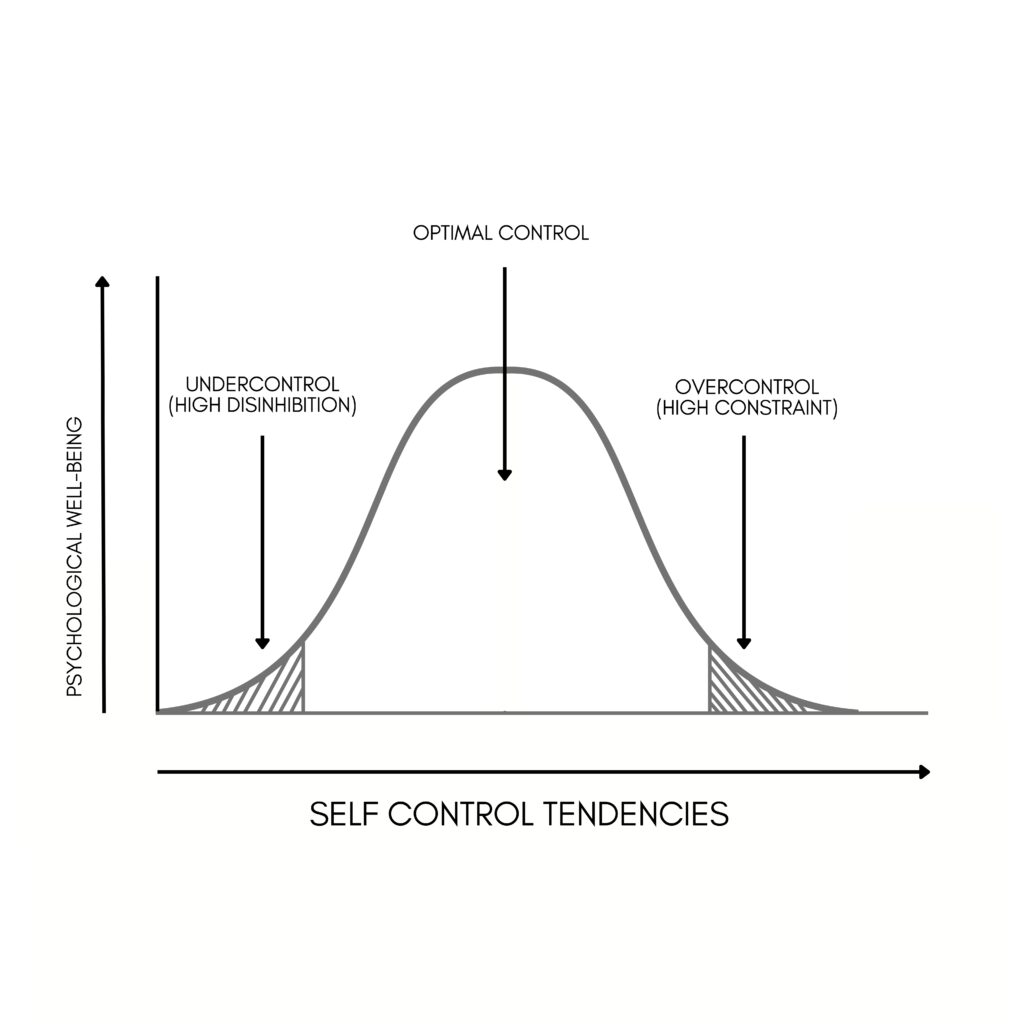What is the difference between DBT and RO DBT?

Dialectical Behavior Therapy (DBT) and Radically Open Dialectical Behavior Therapy (RO DBT) are two
modalities that fall under the umbrella of Cognitive Behavioral Therapy (CBT). The commonality
between the two is that they both operate to target a specific bio-temperament or personality.
DBT was created to help those who fall under what is known as an “under-controlled” personality type.
“Under-controlled” refers to those who experience fast, intense, and strong emotions, become more
easily dysregulated, and as a result, may act or respond out of impulse more frequently.
Typically, behaviors and reactions are very mood-dependent, which can make them seem unpredictable. In short,
under-controlled personalities typically have more challenges with self-control. DBT is the
recommended therapy for those with emotion regulation difficulties, mood disorders, suicidal ideation
and/or self-harm, substance use, trauma, and some eating disorders, such as binge eating disorder.
RO-DBT, on the other hand, helps those with “overcontrolled” personality types. “Overcontrol” refers to
those who may suppress or mask emotions, avoid risk taking, tend to be extreme rule followers,
perfectionistic, and/or rigid. Behaviors and responses are rule-governed, rather than mood-dependent.
With overcontrol, there is excessive self-control. RO-DBT is typically recommended for those with
treatment-resistant and chronic anxiety and depression, obsessive compulsive disorder, restrictive
eating disorders, or those with very rigid thinking patterns.
 RO DBT Treatment offerings at Nashville Child and Family Wellness Center:
RO DBT Treatment offerings at Nashville Child and Family Wellness Center:
Individual RO DBT: meet with a trained RO DBT therapist to work on decreasing life-threatening behaviors, decreasing rigidity, anxiety and fear while increasing flexibility. Help reconnect client
behaviors to client values.
RO DBT Skills Class: learning skills to enhance mindfulness, radical openness, social signaling, and social connectedness
While we can all show some overcontrolled and some under-controlled tendencies, the goal is to fall somewhere in the middle to help with flexibility, resilience, and overall well-being. If you, or someone you know, may be struggling with more challenges in these areas and it is impacting functioning, interpersonal relationships, and ineffective coping, reach out to NCFWC today to see how we may be able to help!
- Share:
You may also like

The Art of Social Skills and Why They Matter
- October 20, 2023
- by Nashville Child & Family Wellness Center
- in Adolescents

